Navigating the Complexities of Medical Practice Storage During Relocation
Relocating a medical practice presents unique challenges, particularly when it comes to storing sensitive equipment and confidential patient records. This comprehensive guide will help healthcare professionals ensure their valuable assets remain protected during the transition while maintaining compliance with healthcare regulations.
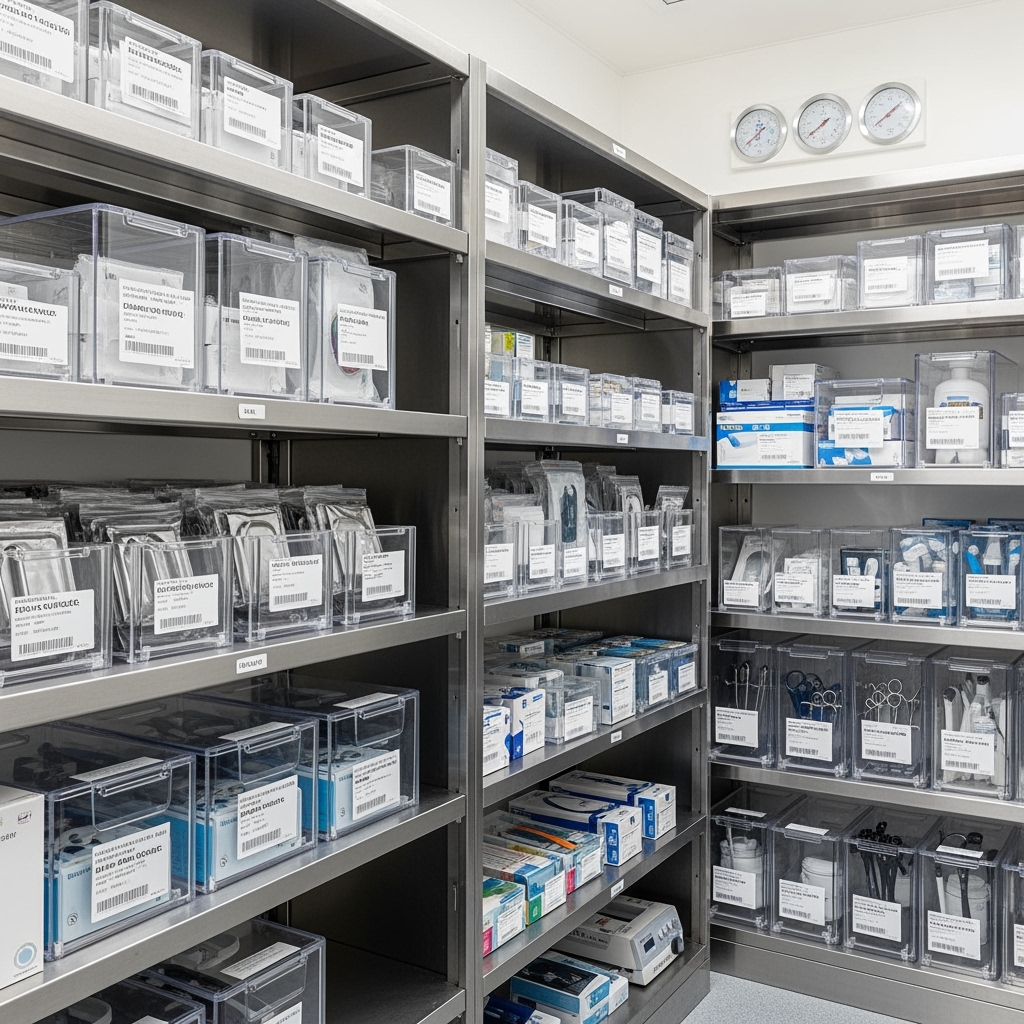
Preparing Your Medical Equipment for Storage
Medical equipment requires special attention during storage to maintain its calibration and functionality. Follow these essential steps:
- Document the current calibration status of all equipment
- Clean and sanitize all equipment according to manufacturer specifications
- Properly disconnect and label all components
- Use appropriate protective covering and packaging
- Create detailed inventory lists with serial numbers and conditions
Selecting the Right Storage Environment
Climate-controlled storage is essential for preserving sensitive medical equipment. Look for these features:
- Consistent temperature control (typically between 68-72°F)
- Humidity monitoring and control systems
- Clean, dust-free environment
- Enhanced security measures
- Easy accessibility for authorized personnel
HIPAA-Compliant Records Storage
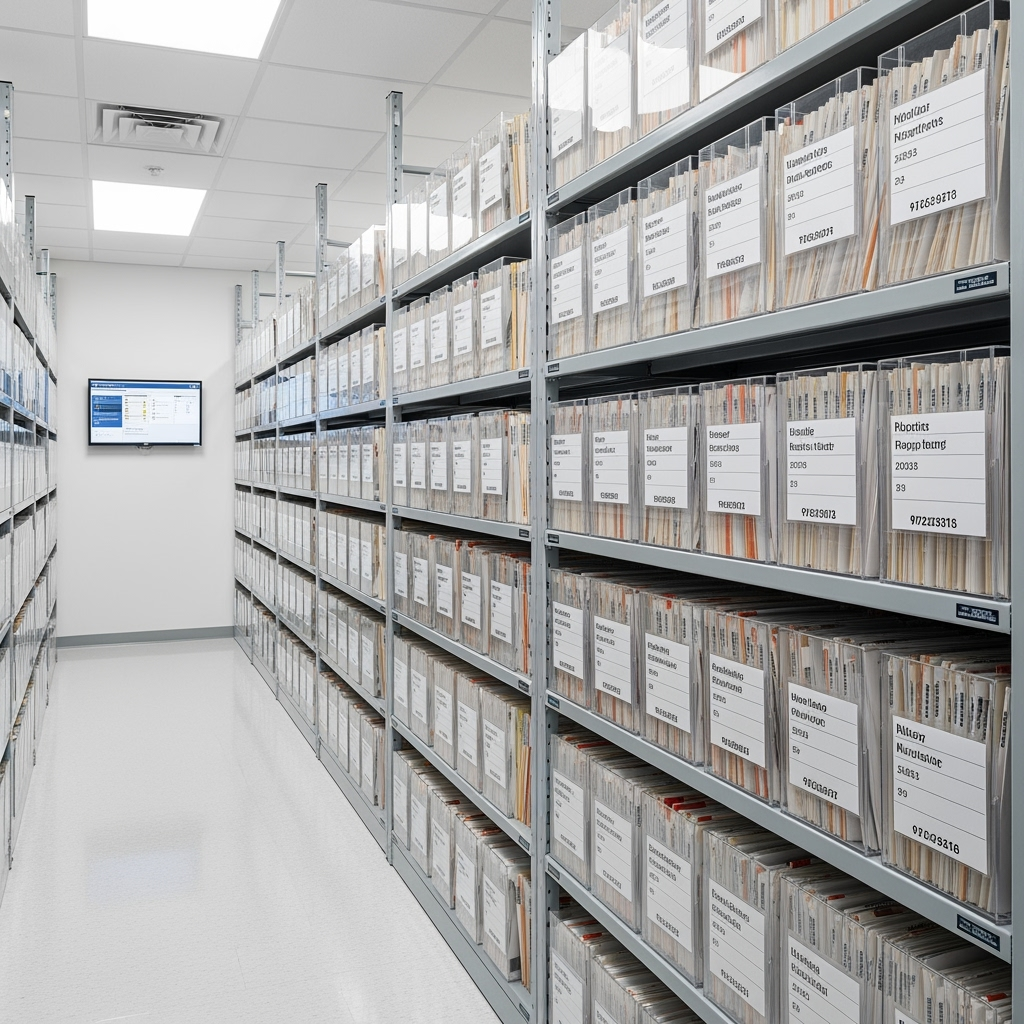
Maintaining HIPAA compliance during relocation is crucial. Implement these storage practices:
- Use secure, lockable storage containers for patient records
- Maintain proper documentation of stored records
- Implement access control measures
- Consider digital backup solutions
- Regular monitoring and inventory checks
Organizing for Efficient Access
Strategic organization ensures smooth access to equipment and records when needed:
- Create clear labeling systems
- Maintain detailed inventory maps
- Group similar items together
- Establish priority access zones
- Document storage location assignments
Insurance and Liability Considerations
Protect your investment with proper coverage:
- Review and update insurance policies
- Document equipment value and condition
- Understand storage facility liability coverage
- Consider additional coverage for high-value equipment
- Maintain detailed records of all stored items
Timeline Management Tips
Efficient relocation requires careful planning:
- Create a detailed moving schedule
- Phase the relocation process
- Coordinate with equipment service providers
- Plan for minimal disruption to patient care
- Schedule regular monitoring visits
Storage Security Best Practices
Implement comprehensive security measures:
- Choose facilities with 24/7 surveillance
- Use high-quality locks and security systems
- Maintain strict access control protocols
- Regular security audits
- Employee training on security procedures
Professional Moving Services
Consider these factors when selecting moving services:
- Experience with medical equipment
- Proper insurance coverage
- Knowledge of healthcare regulations
- Specialized equipment handling capabilities
- References from other medical practices
Conclusion
Successfully relocating a medical practice requires careful attention to detail and proper storage solutions. With proper planning and the right storage facility, you can ensure your valuable equipment and confidential records remain protected throughout the transition. Public Storage offers secure, climate-controlled units specially designed to meet the unique needs of medical professionals.



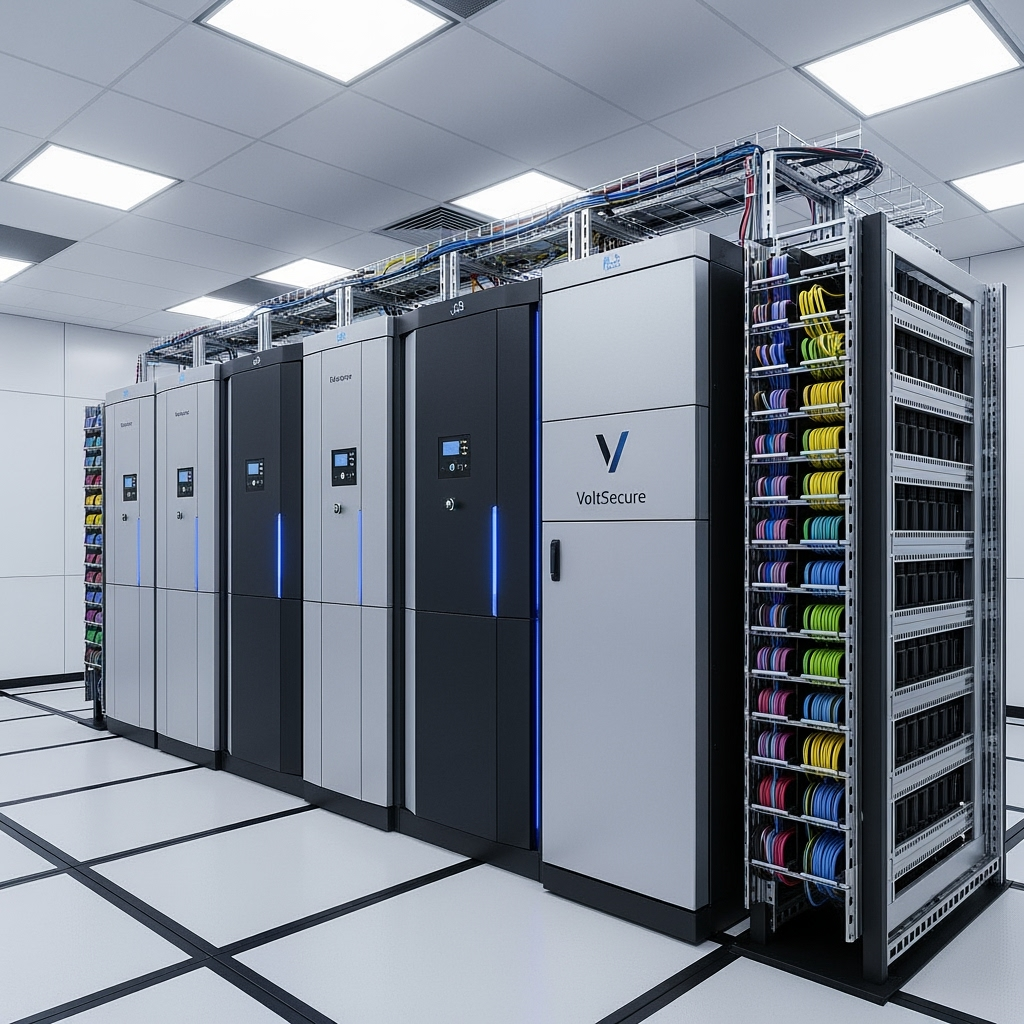
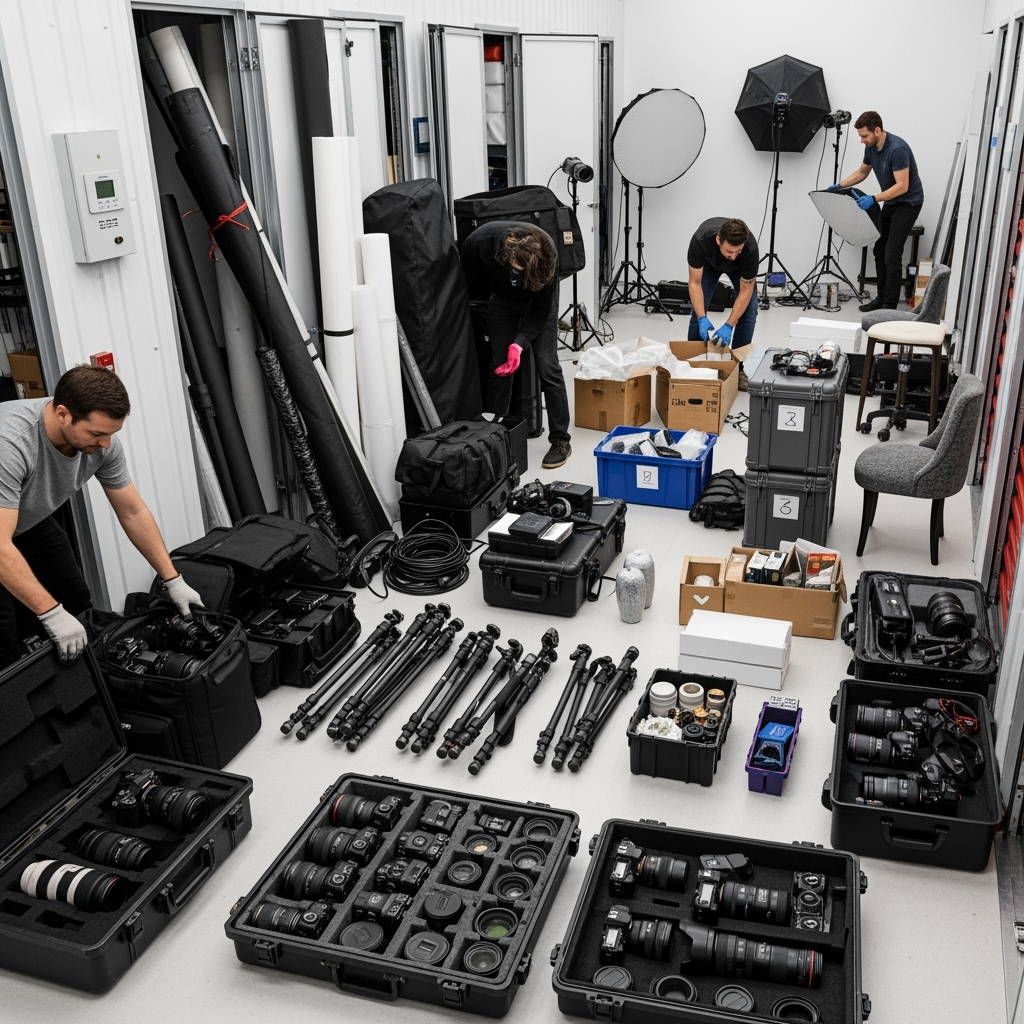
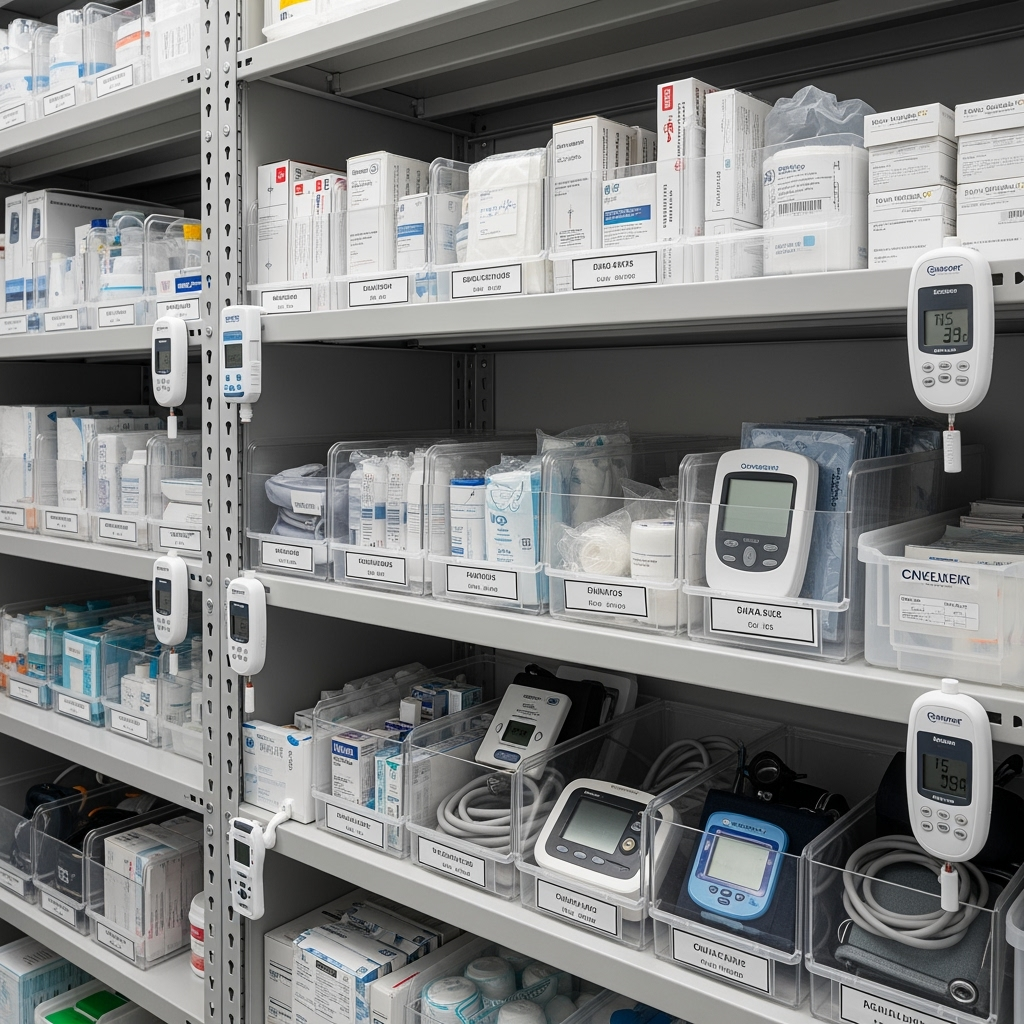
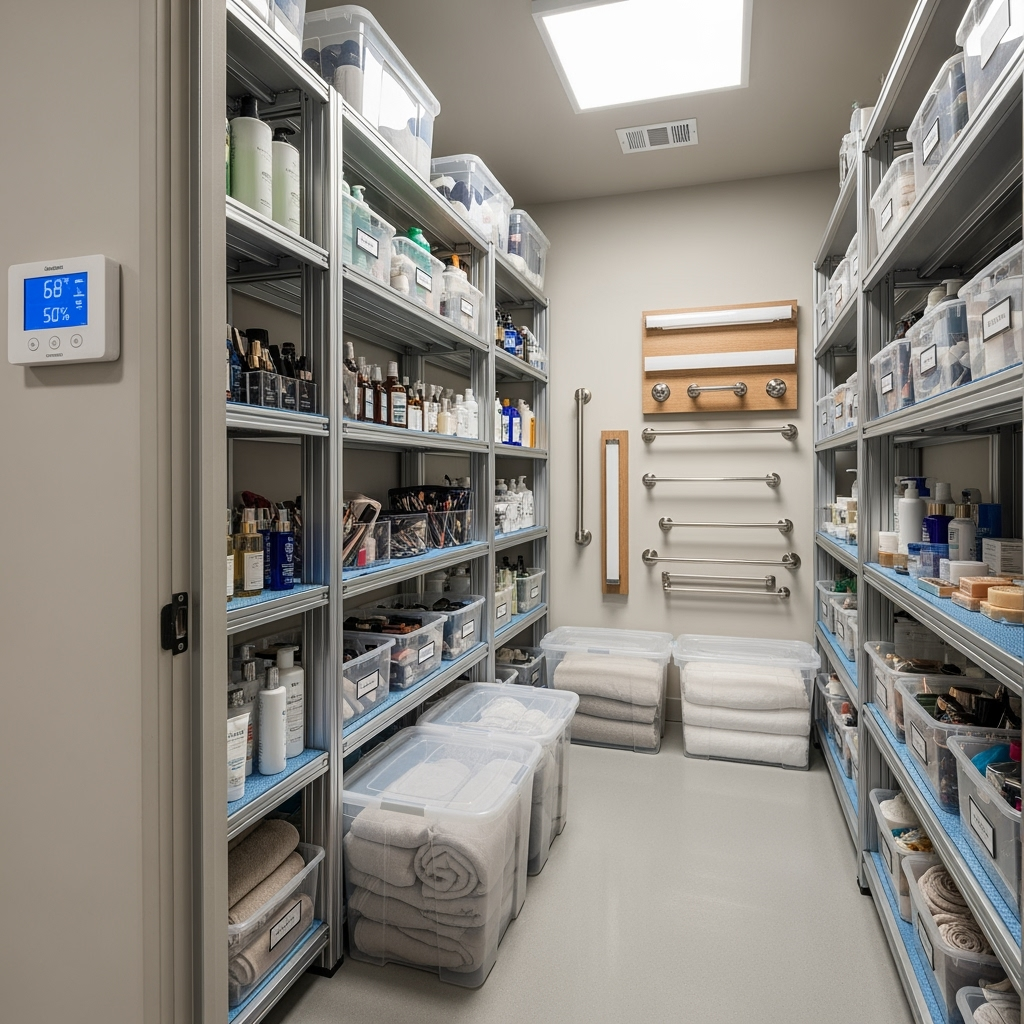
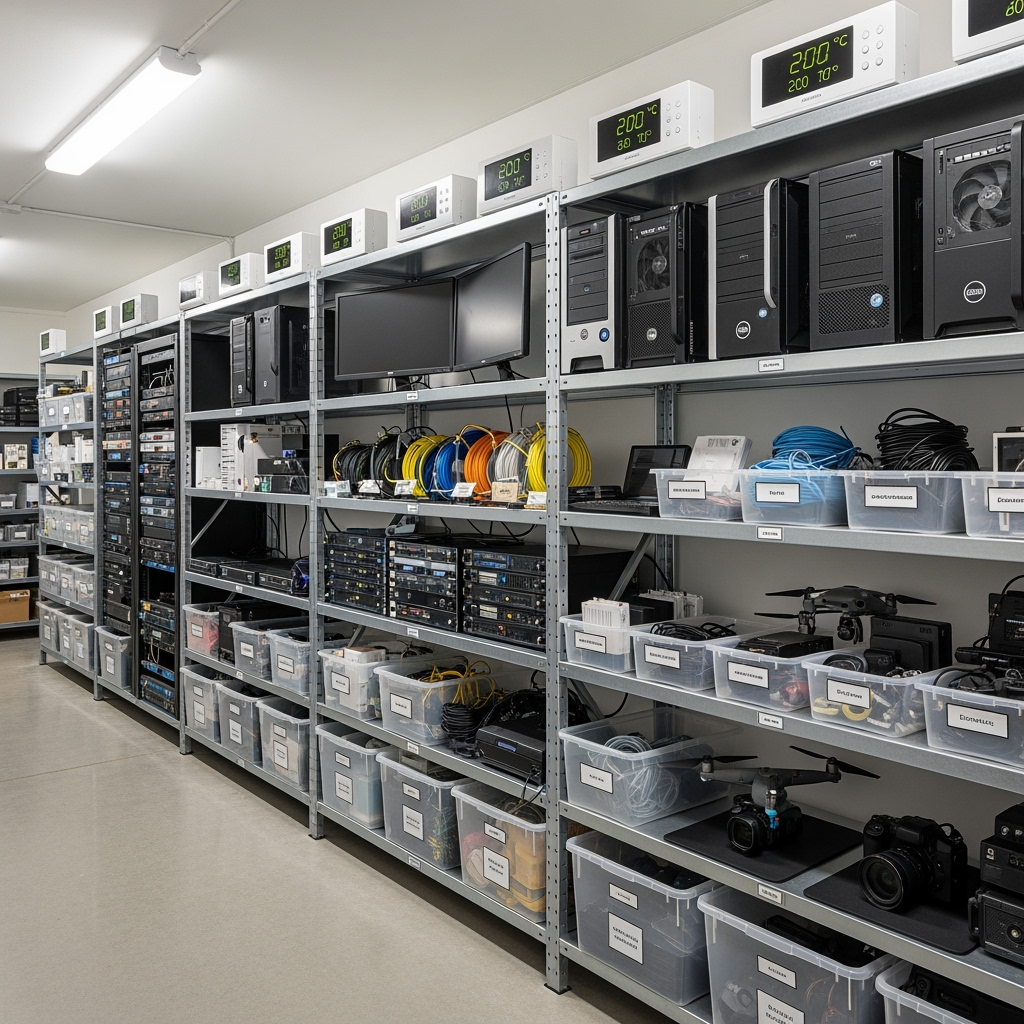
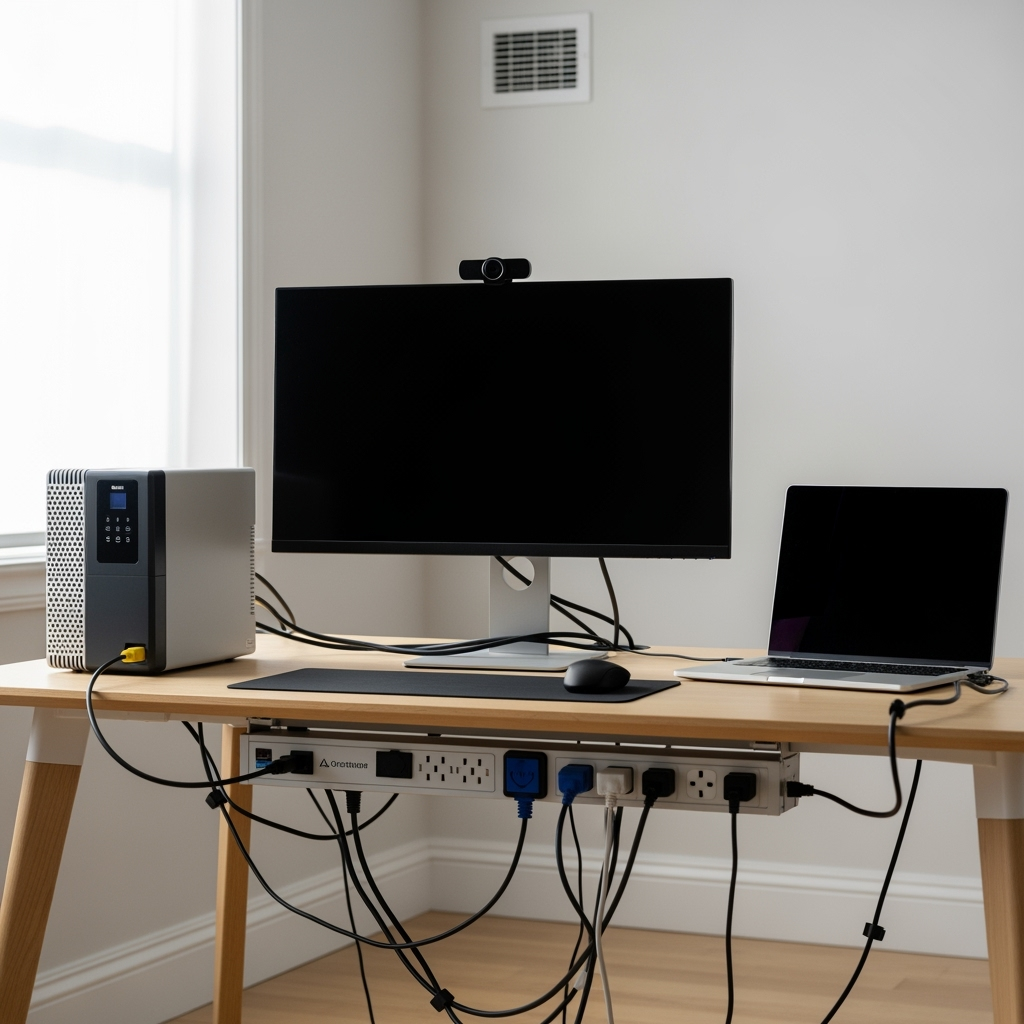
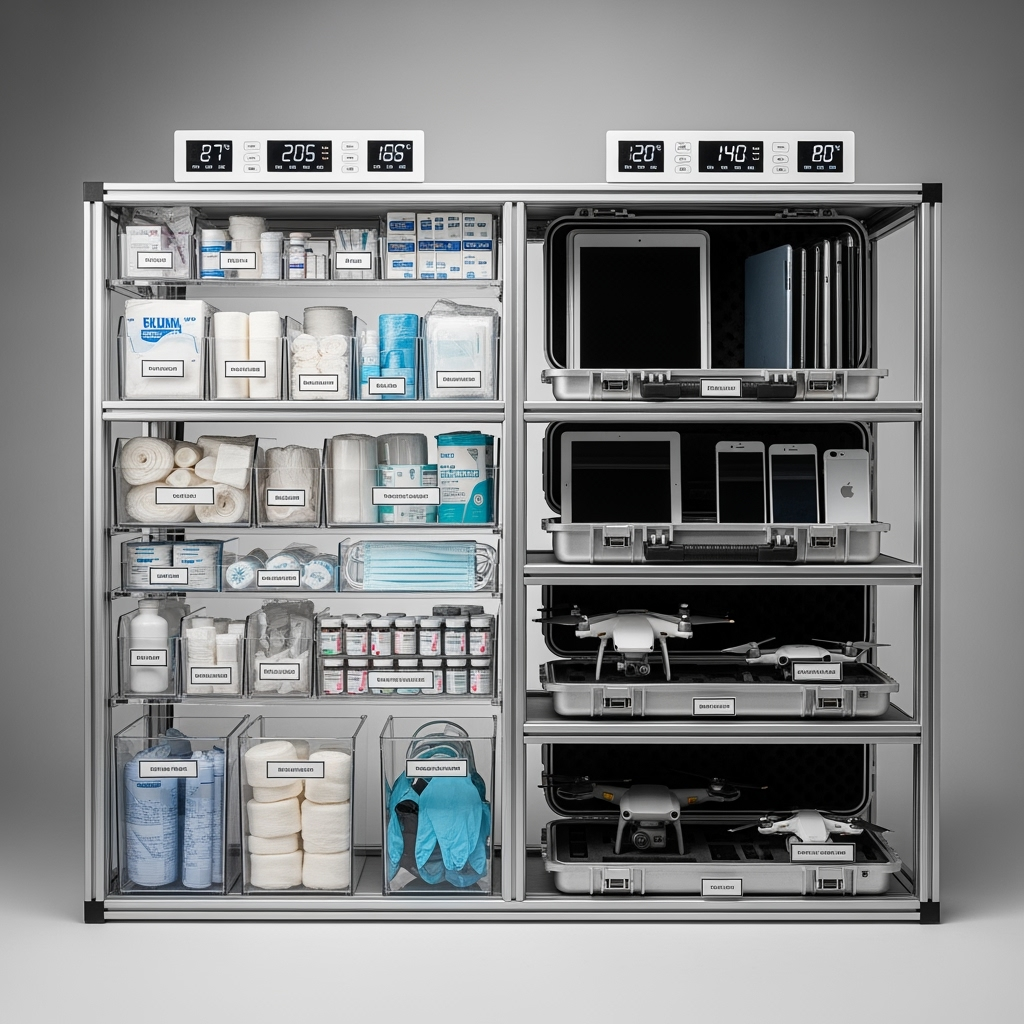
Leave a Reply